Harley Weir’s “The Garden” Explores a Second Coming of Age with Unflinching Intimacy
Harley Weir has long shaped the visual vocabulary of fashion, crafting images that blur the line between beauty and confrontation. With The Garden, now on view at Hannah Barry Gallery in London, the artist moves beyond the editorial surface to reveal something far more elemental: a study of growth, loss, and the layered reality of coming into adulthood.
Spanning two floors, with works drawn from more than 15 years of practice, the exhibition reads as a psychological landscape. Materials like blood, hormones, handwritten letters, and pastel tissue become carriers of experience. Upstairs, delicate paper works trace the charged intimacy of adolescence. Letters from school friends, floral fragments, and magazine cutouts are layered under soft tissue, forming a quiet archive of girlhood—curious, tender, and already aware of the gaze.
Downstairs, the tone darkens and grows more corporeal. The imagery grows more direct and visceral. Darkroom experiments made with bodily materials distort the surface of the photograph, pulling it toward abstraction. Weir’s exploration of childbirth, sex work, aging, and care is unfiltered but controlled. One image juxtaposes the Virgin Mary with a man caught mid-climax—both figures softly lit, both inviting a maternal gaze. A recent series of portraits of Weir’s father, who no longer recognizes her due to a neurodegenerative illness, marks one of the exhibition’s most affecting moments and one she nearly left out. The images capture closeness without recognition and a form of care that continues in the absence of understanding.
These works resonate not just as art but as cultural commentary. In the world of fashion, where Weir’s imagery has helped define a generation’s visual language, The Garden reveals the personal realities behind the picture. It reminds us that campaigns and editorials are never devoid of depth; they are shaped by the lived experiences of those who create them.
More broadly, the exhibition speaks to a shift within the industry away from polished perfection and toward narratives of truth, aging, vulnerability, and reclamation. “There are so many films about coming of age as a teenager,” Weir notes. “But I feel like there’s another stage when you fully turn into an adult that’s less sung – especially for women.” With The Garden, Weir offers her reply, a quietly defiant portrait of a stage of womanhood too often overlooked.
In refusing to flatten womanhood into a singular arc, Weir gives voice to the ongoing becoming that defines adulthood. Her work reframes maturity not as a decline but as a form of authorship. And in a culture that often sidelines women after youth, The Garden makes a compelling case: visibility isn’t something to be lost with age but something redefined and reclaimed.
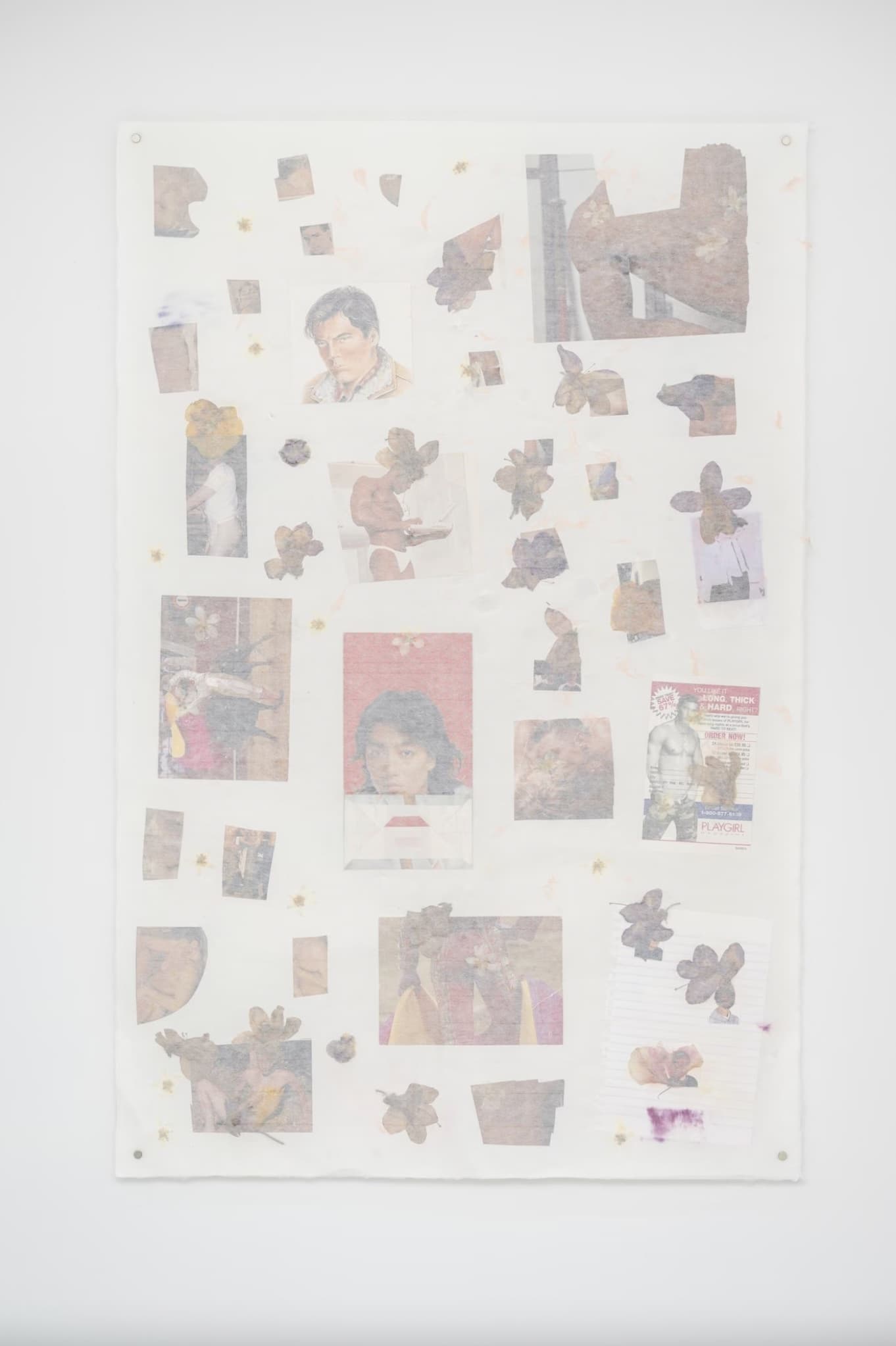
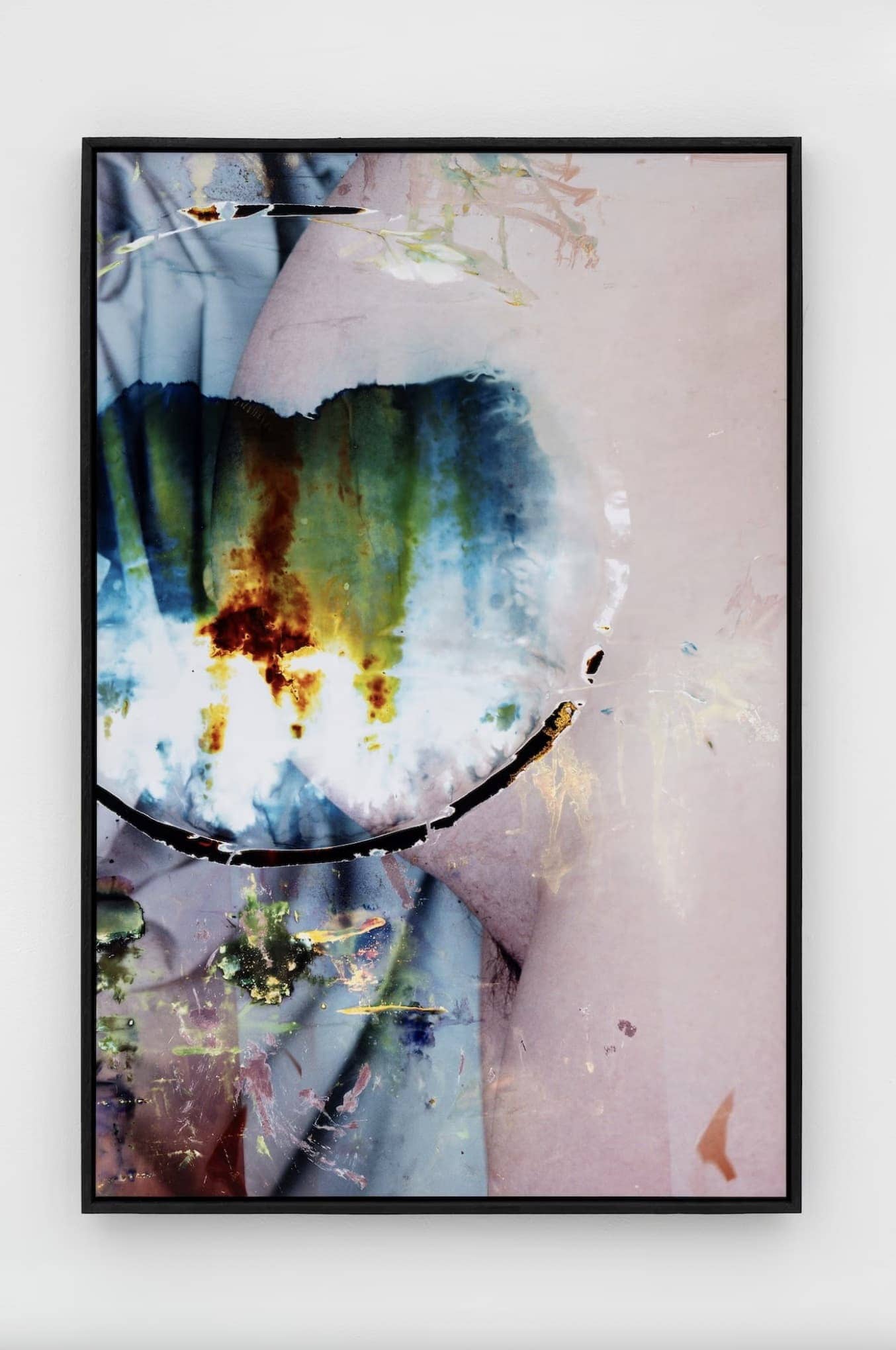
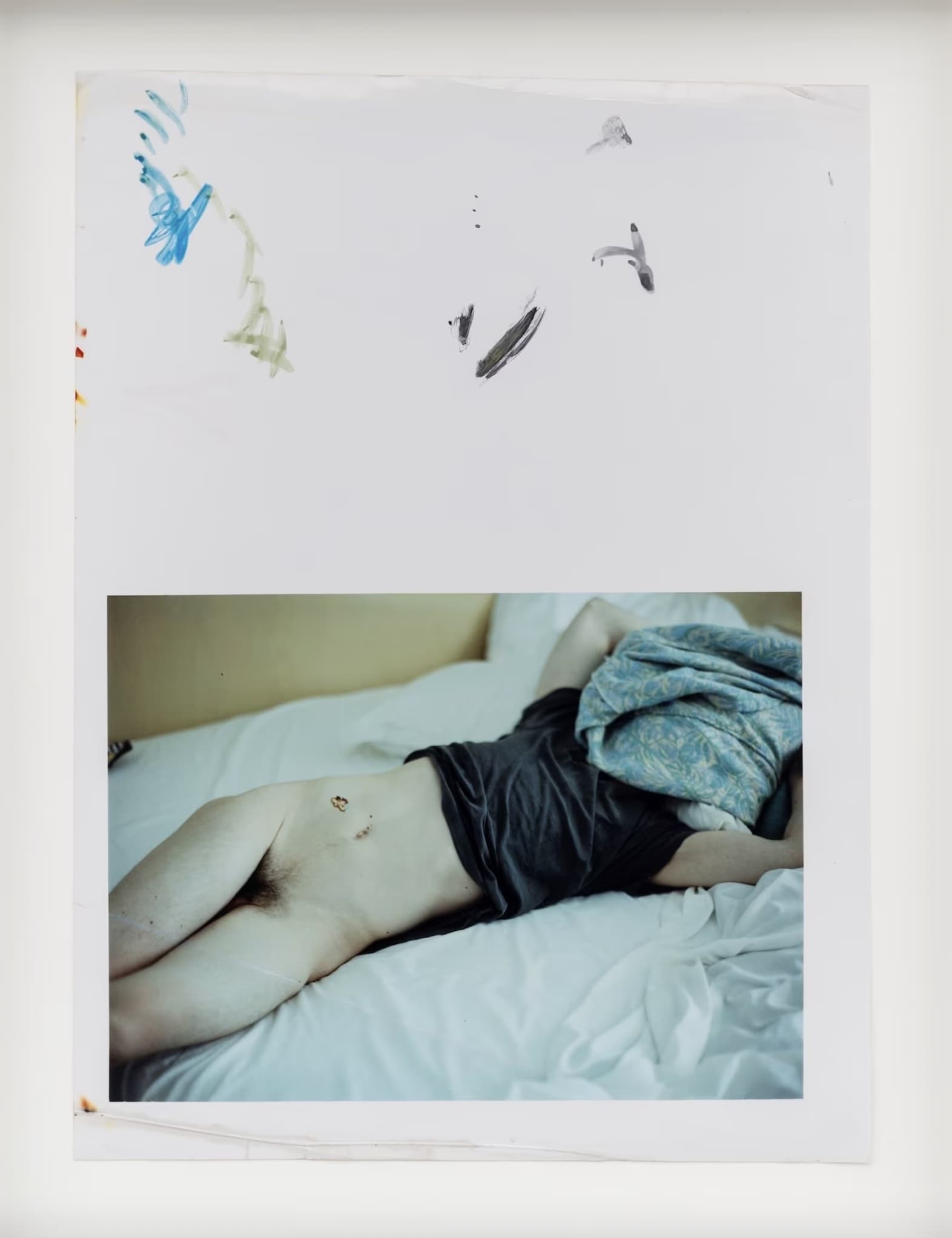
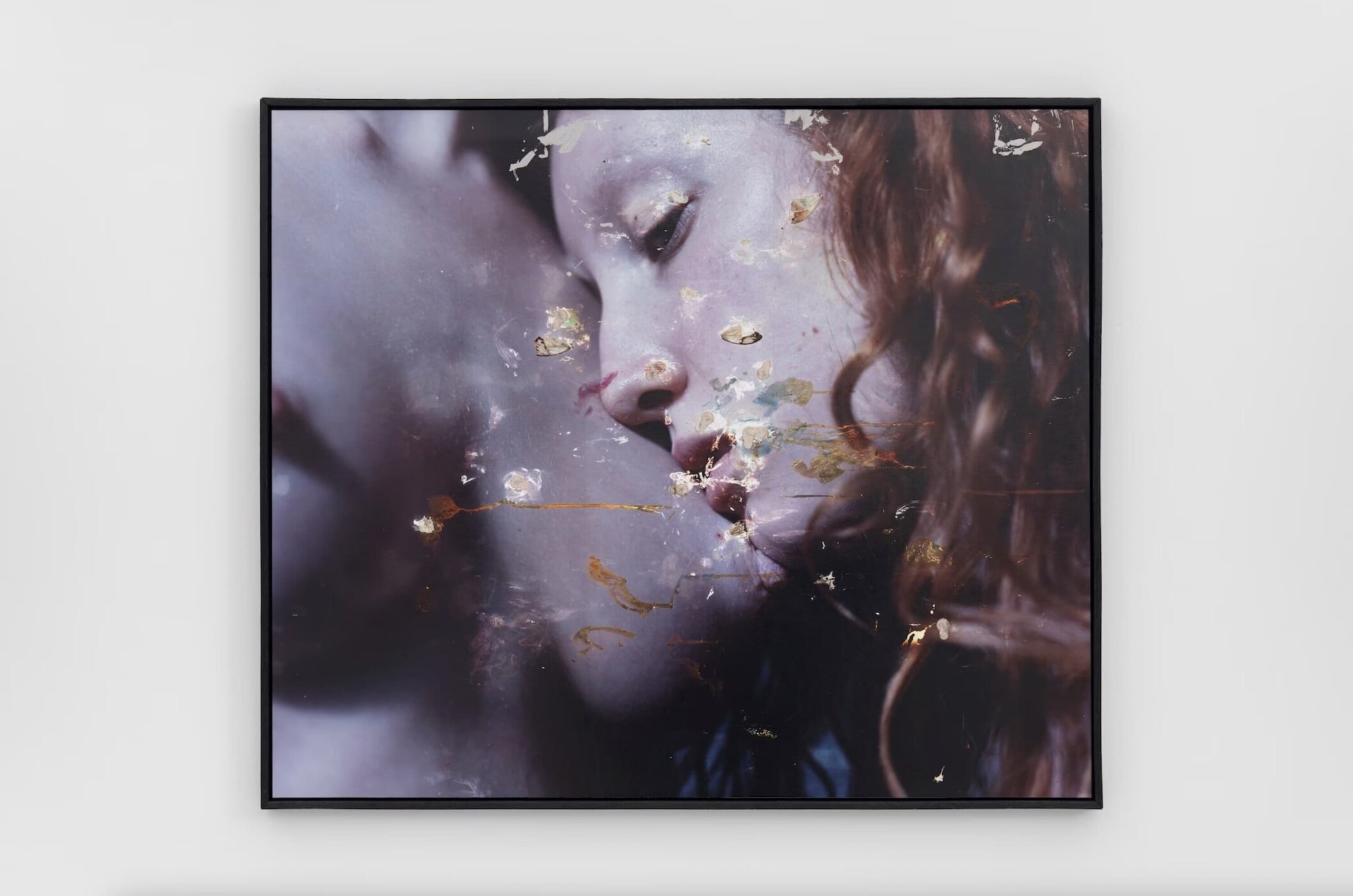
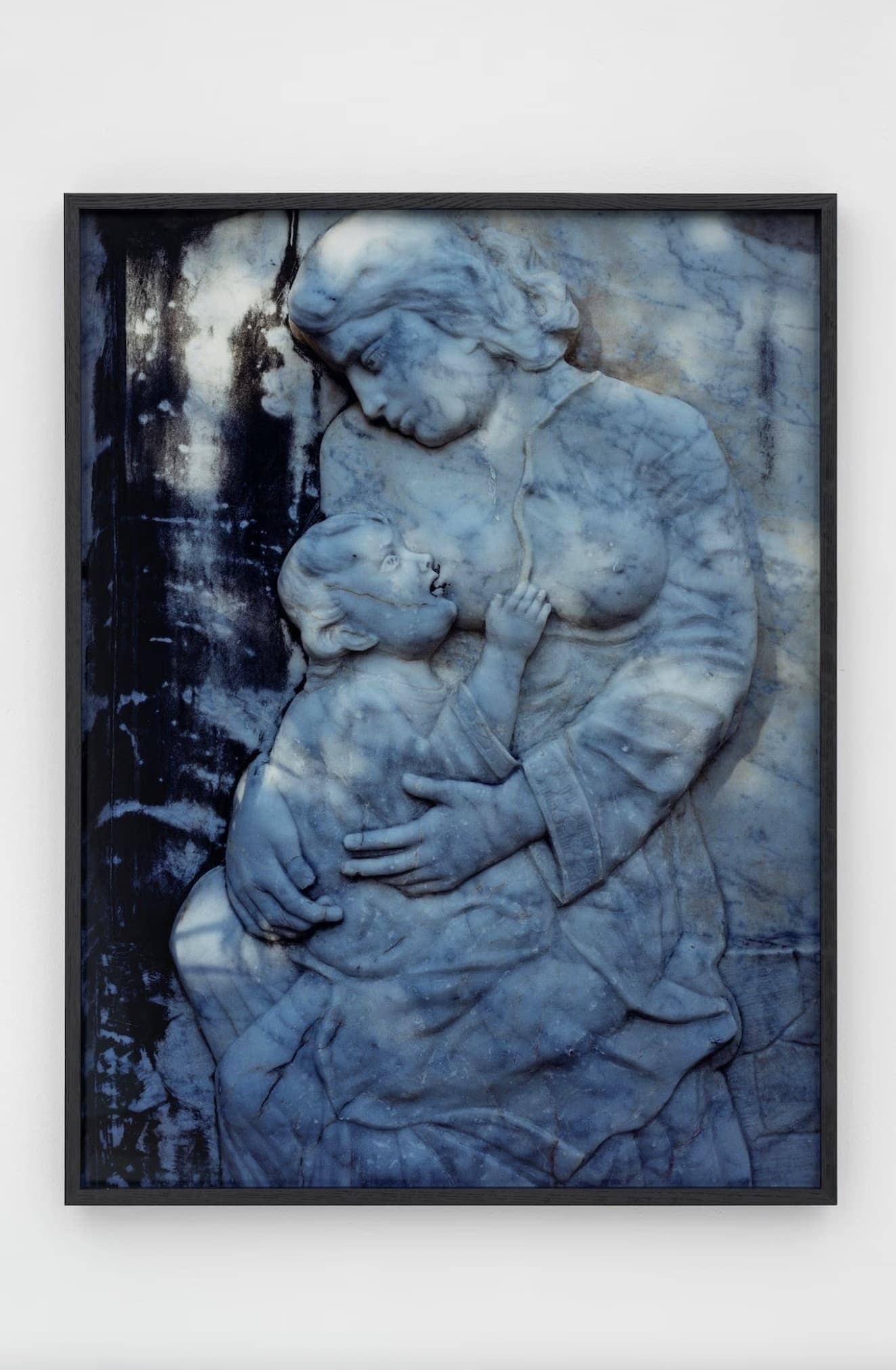
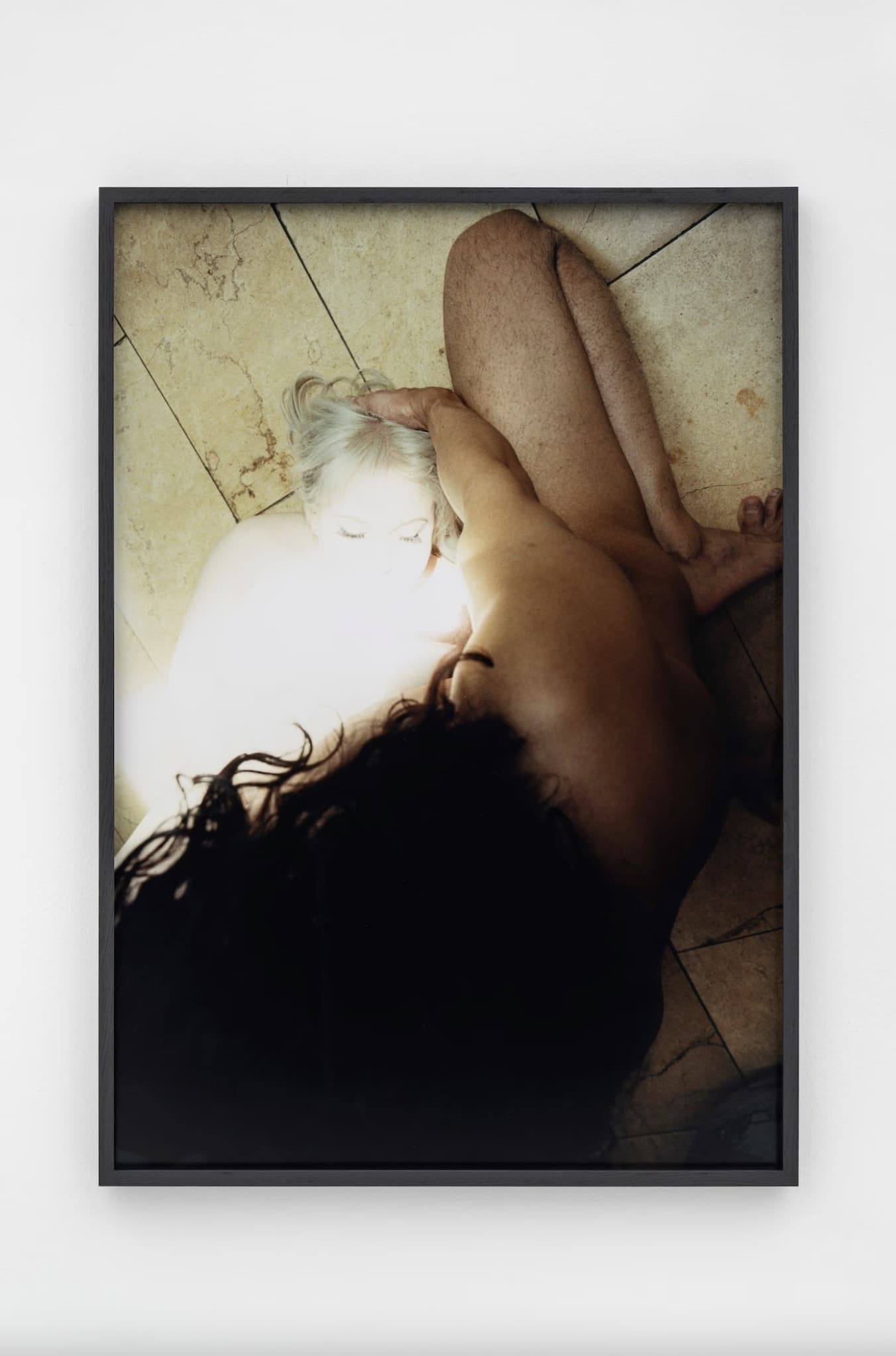
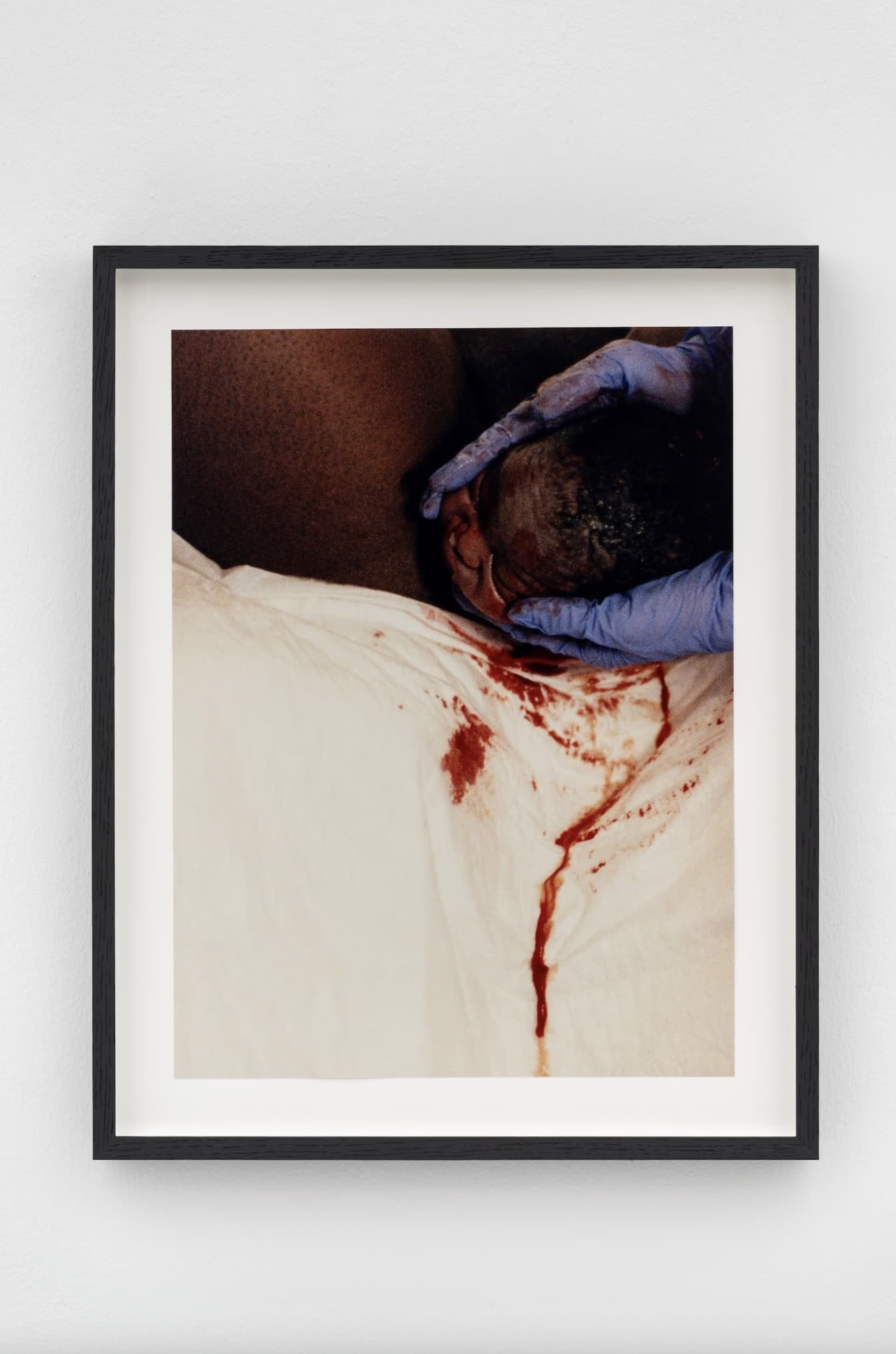
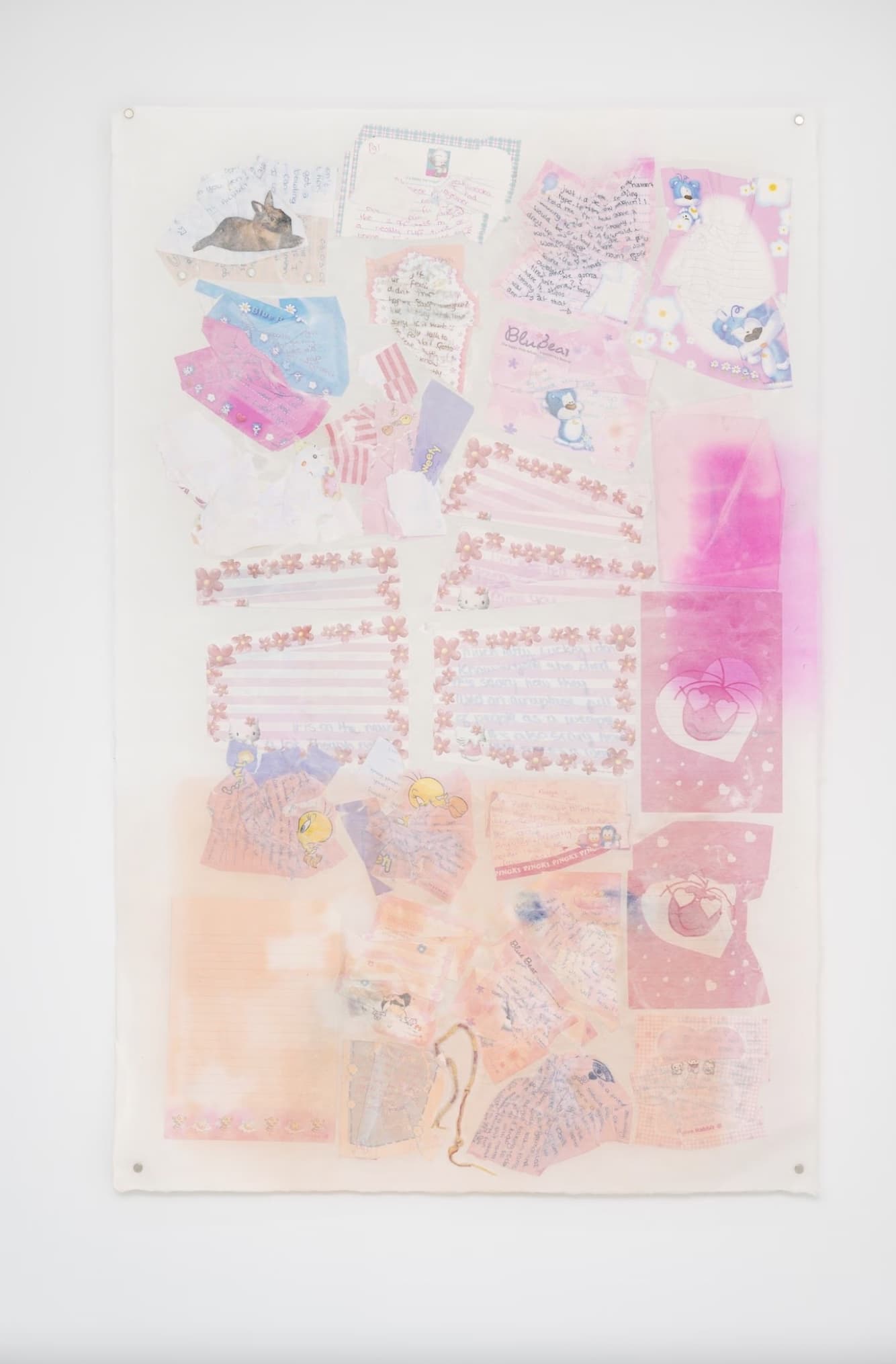
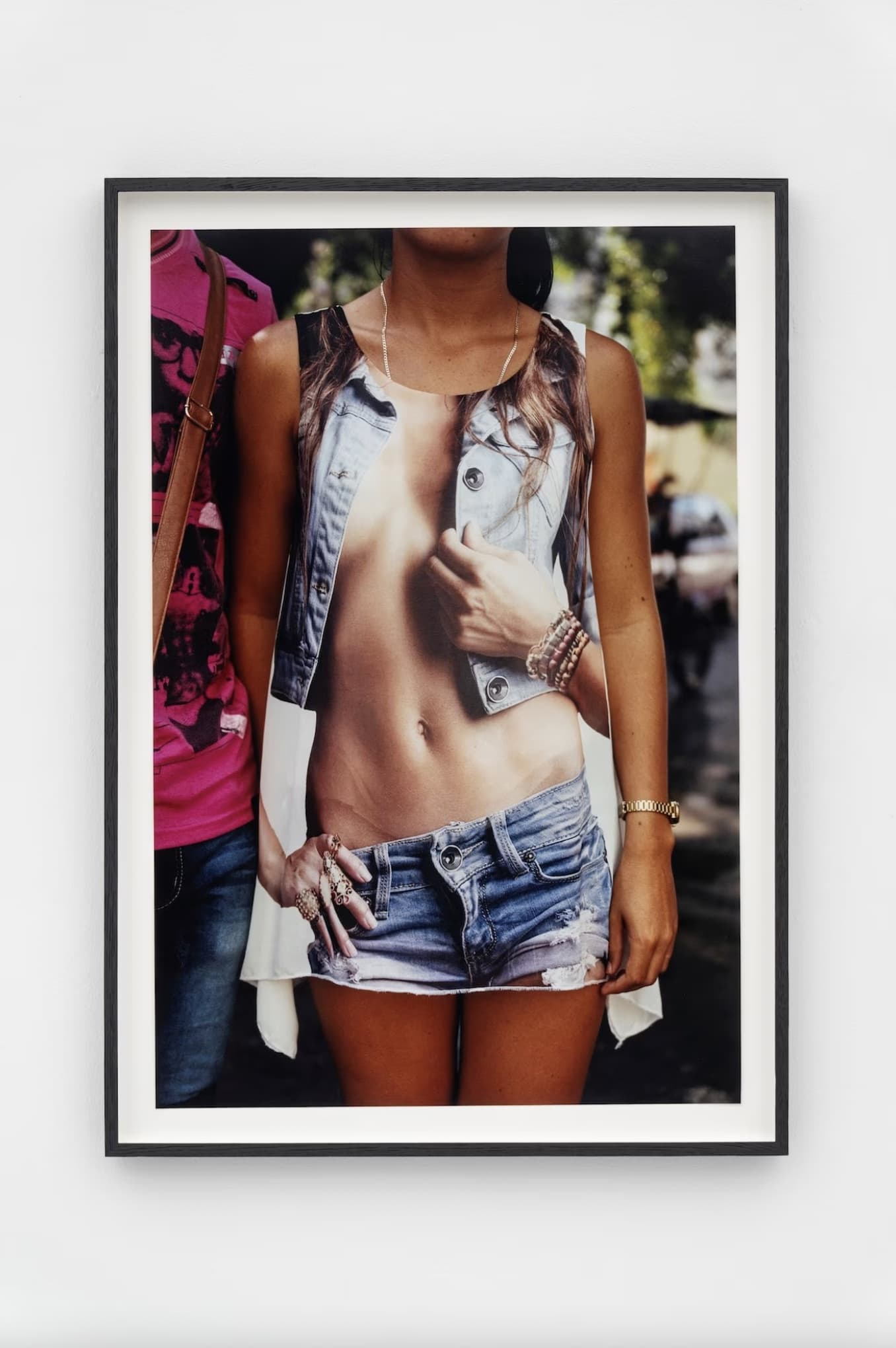
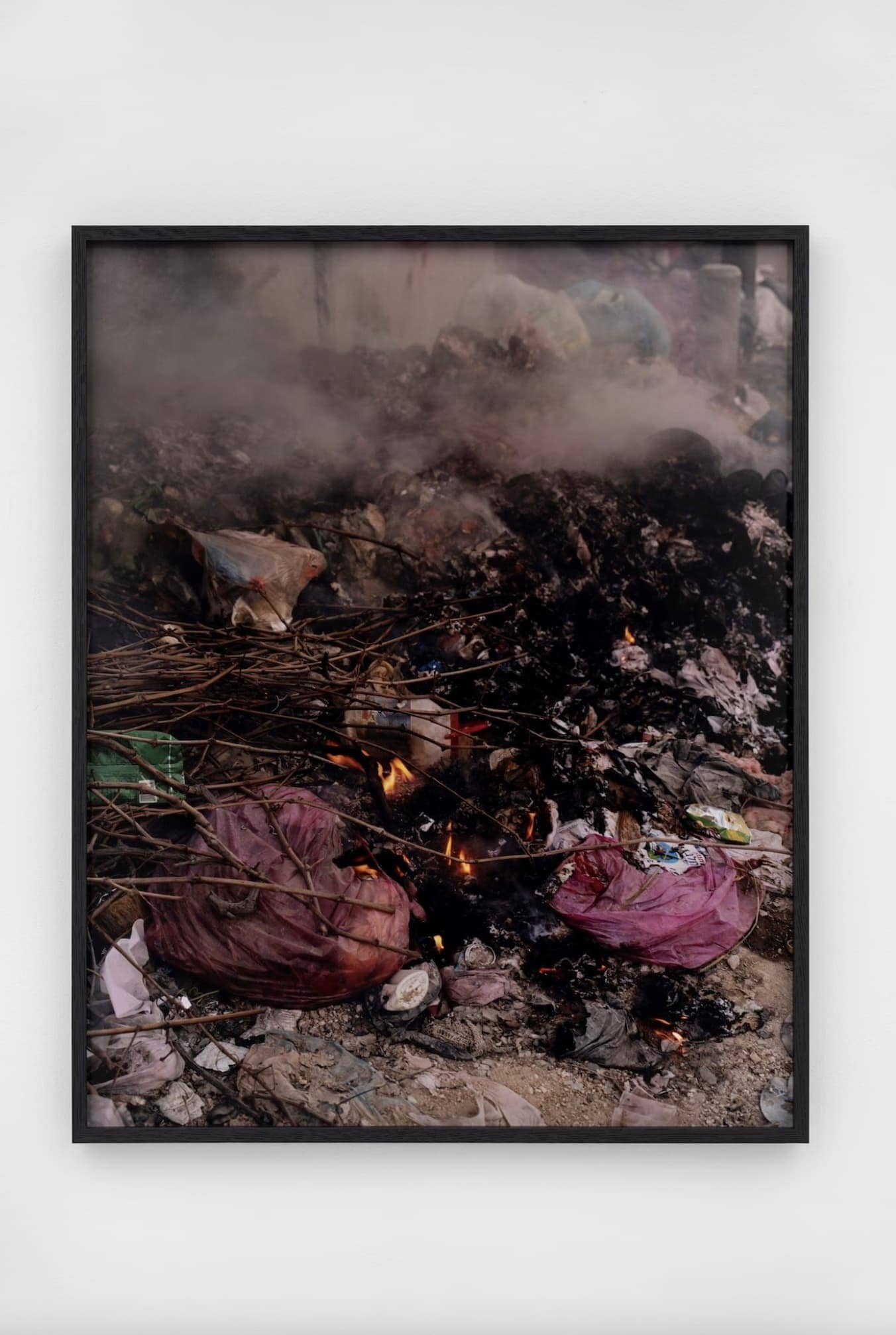
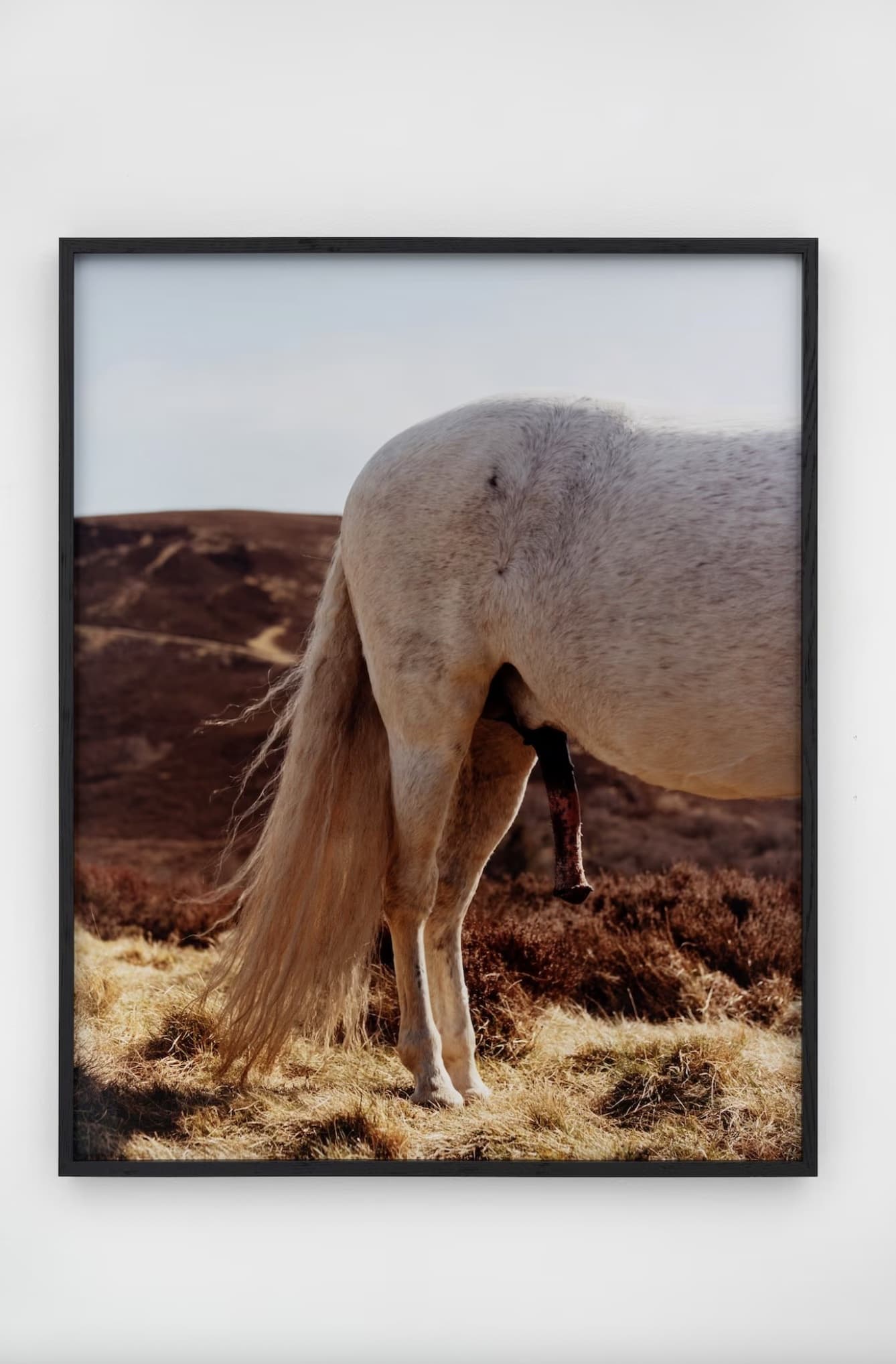
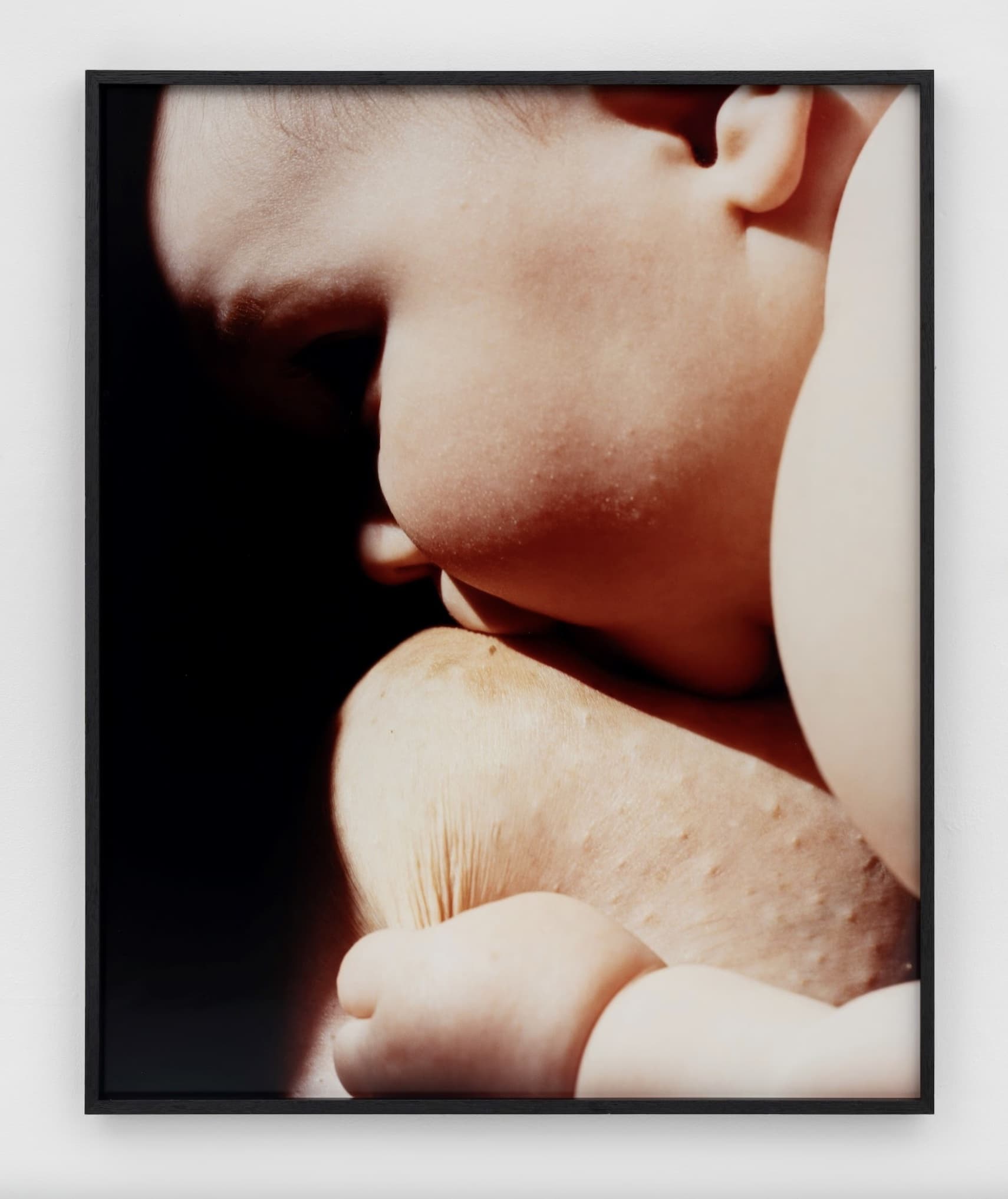
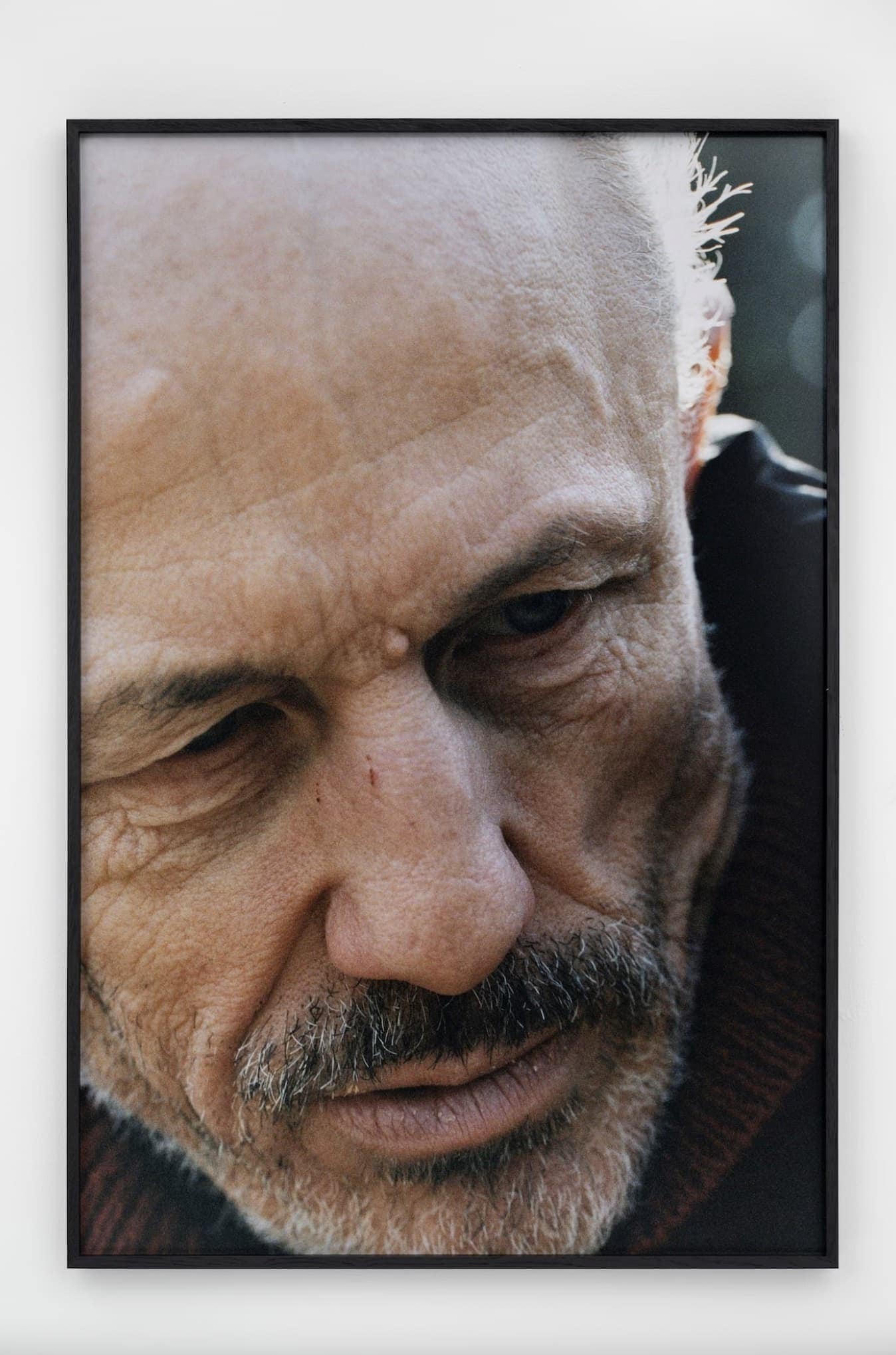
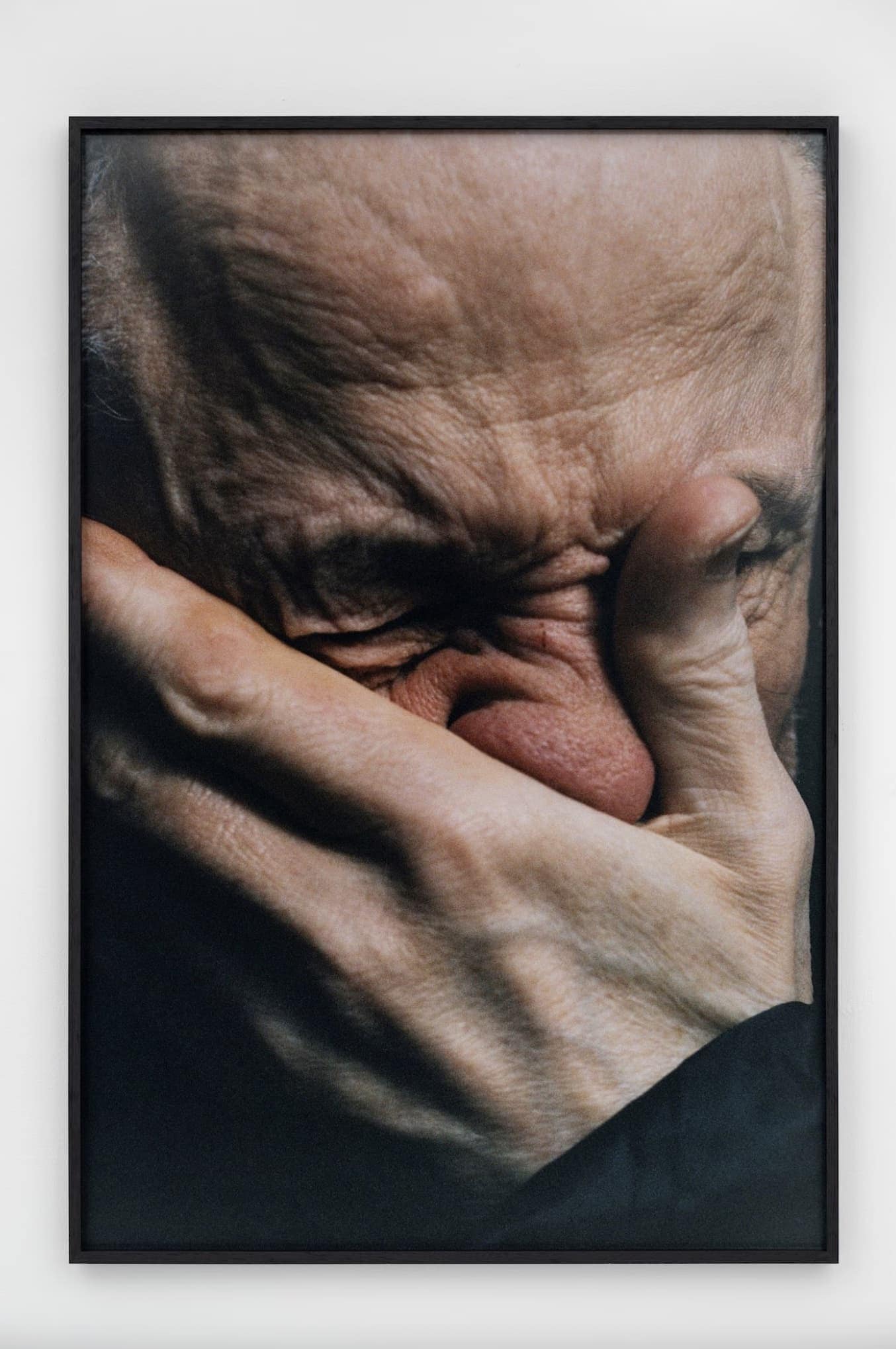
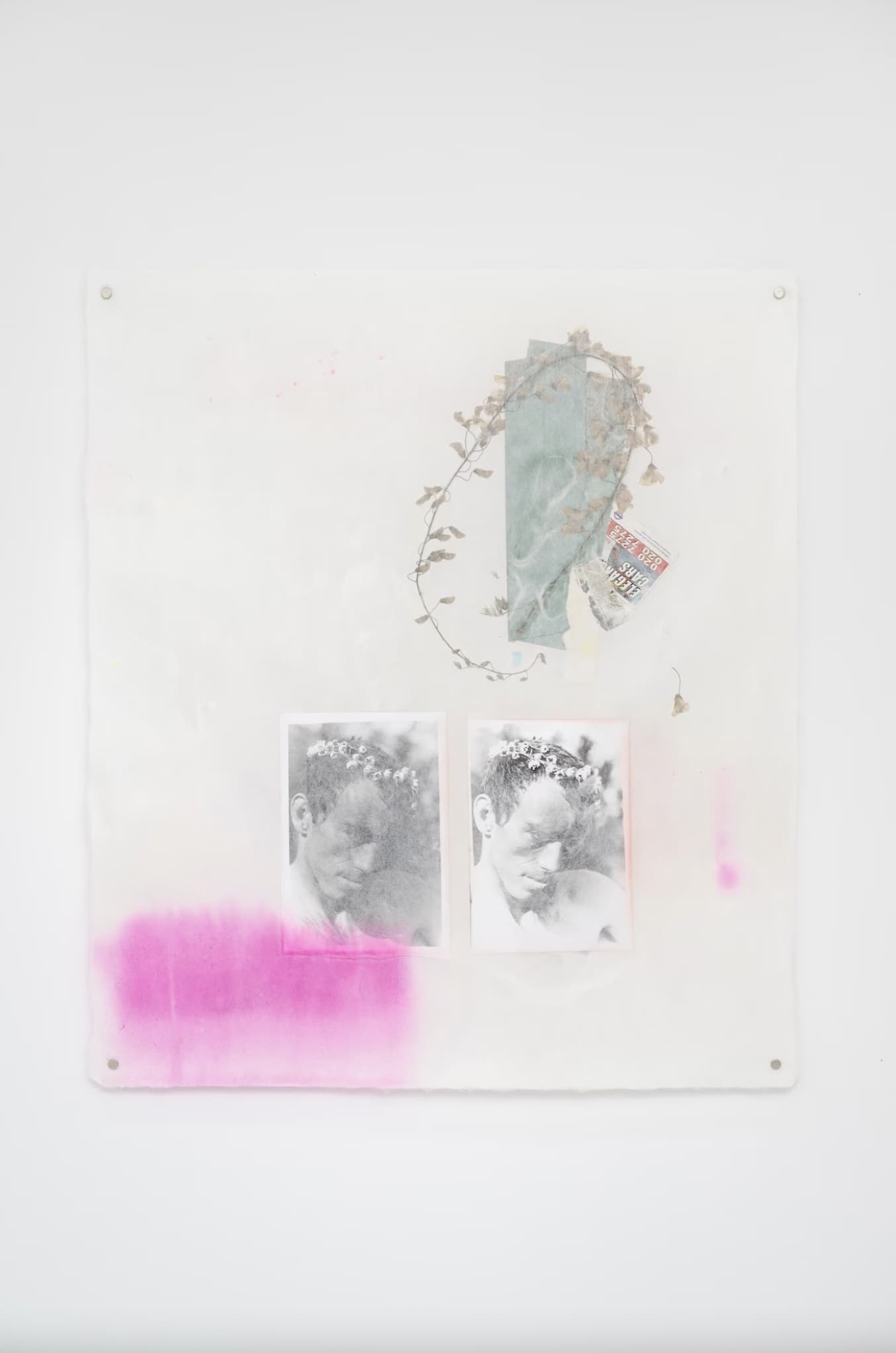
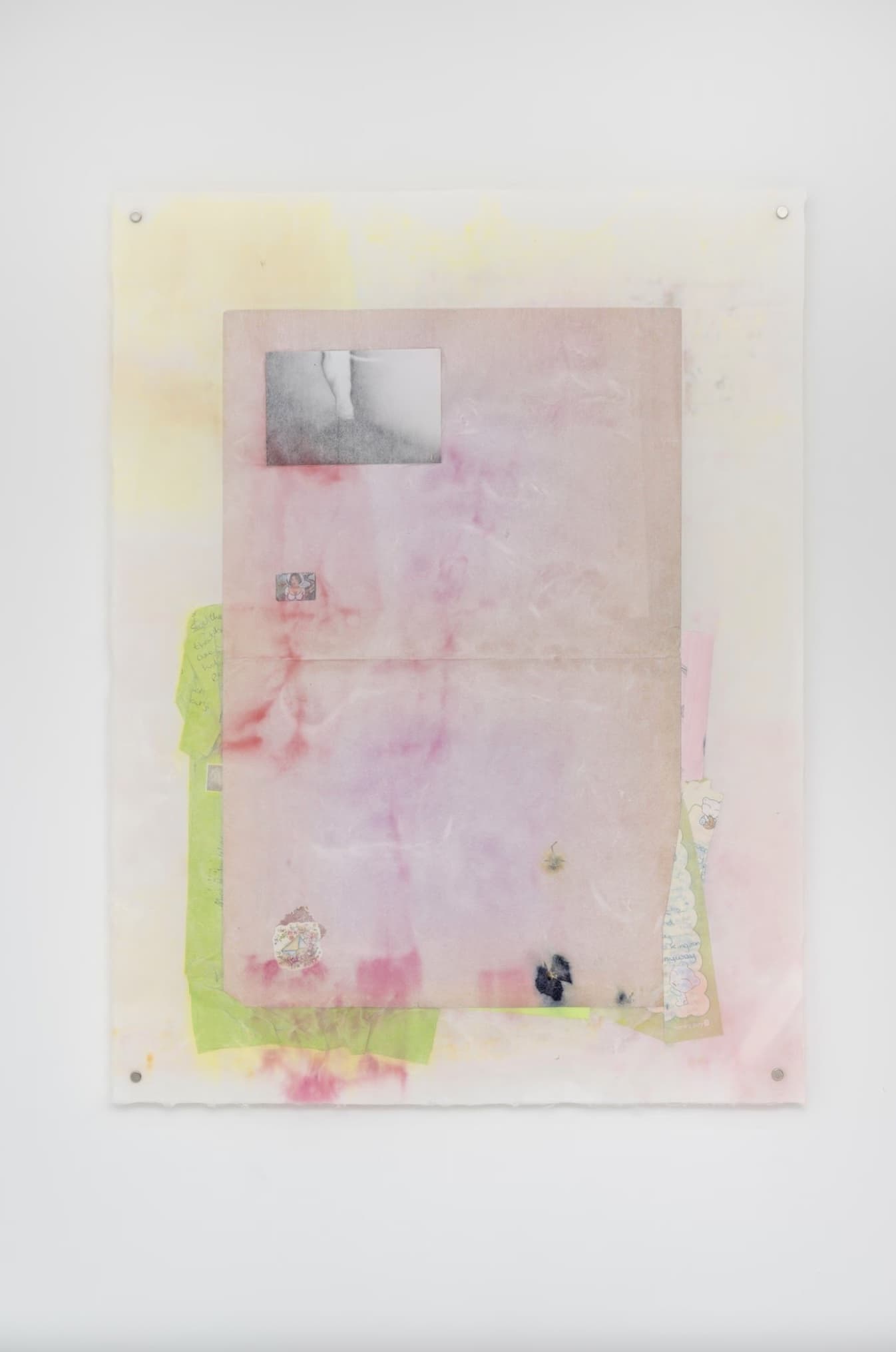
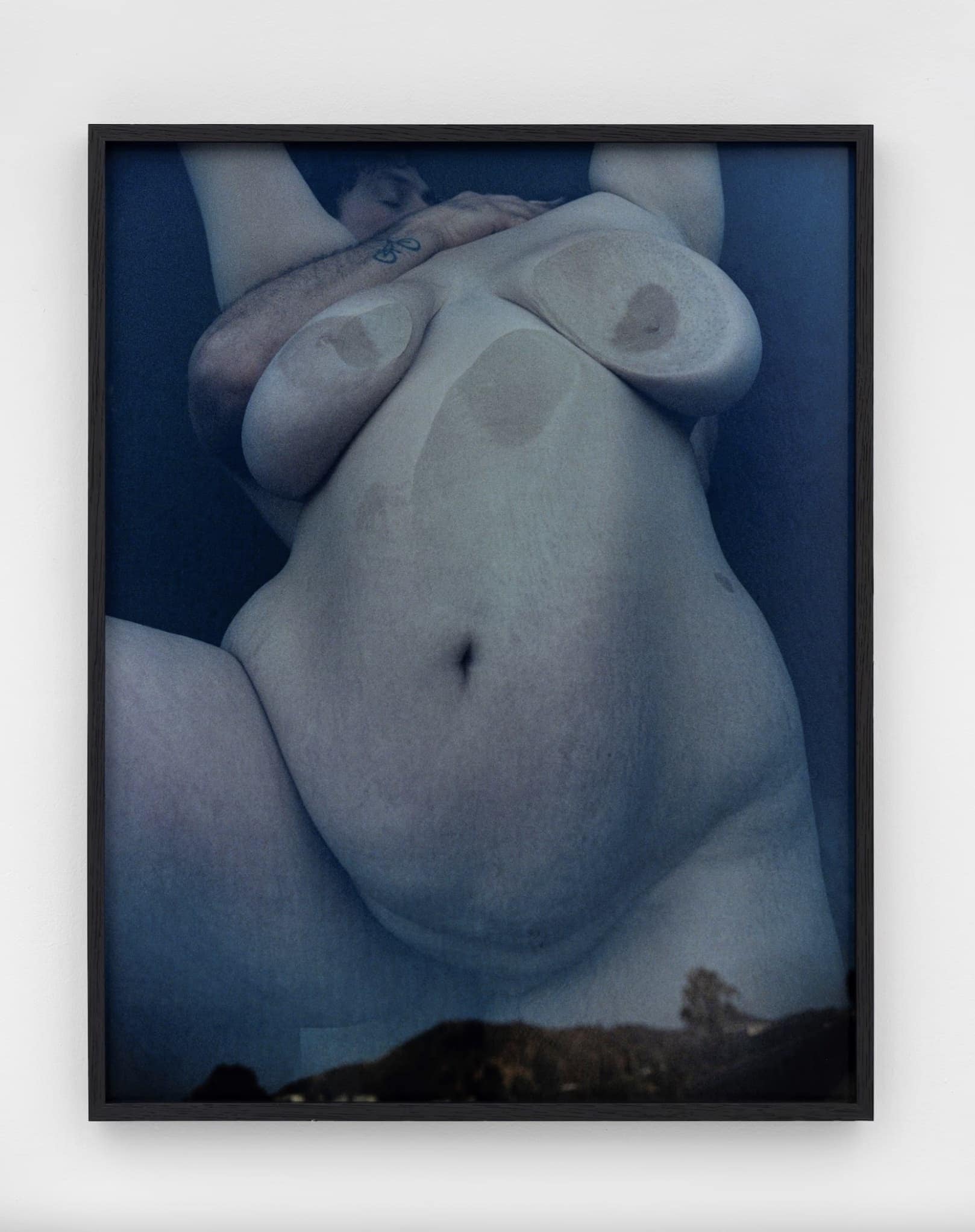
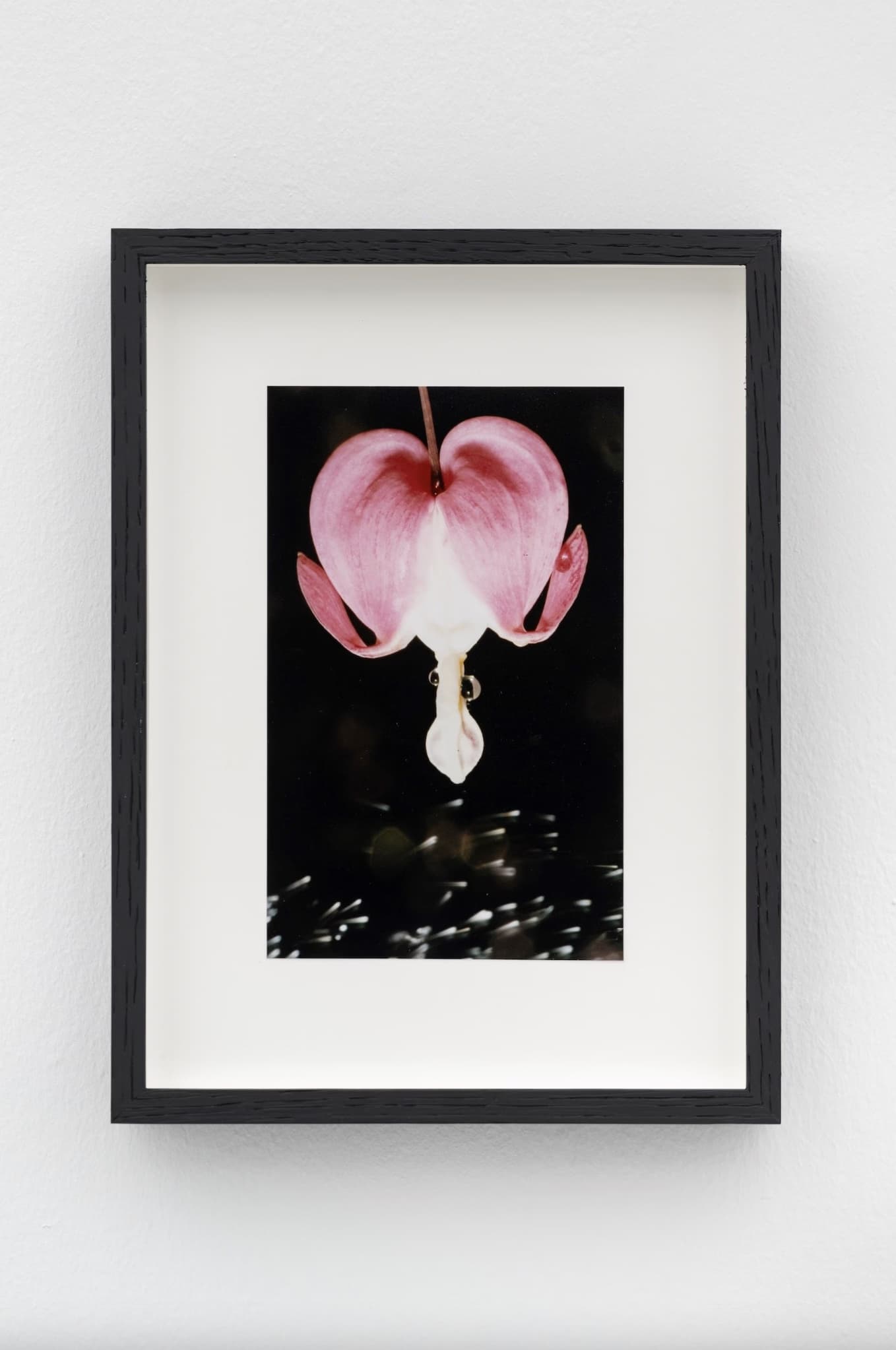
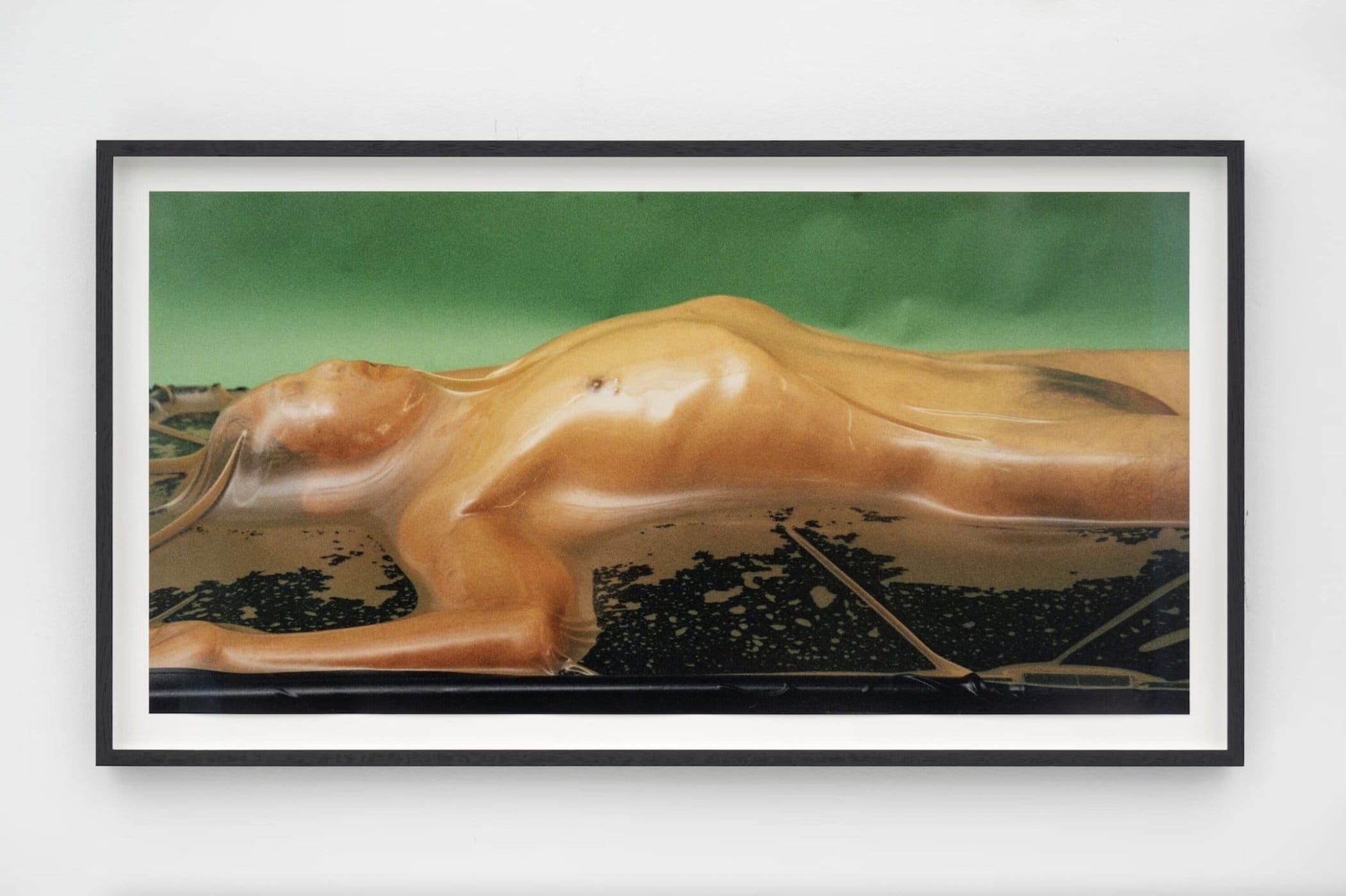
By Sofia Crawford